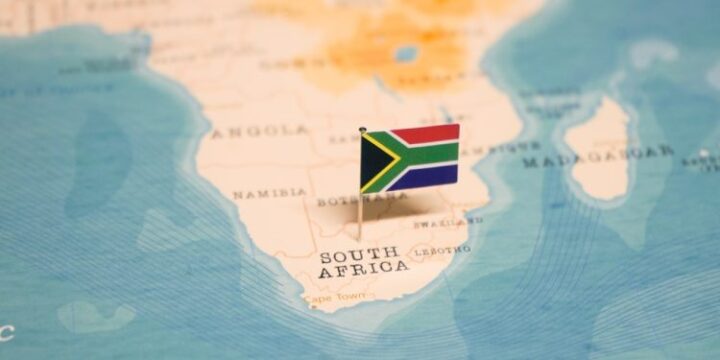South Africa Tightens Ship-to-Ship Transhipment Rules to Protect Penguins

- Prohibited zones: Ship-to-ship (STS) operations are not allowed within marine protected areas, aquaculture development zones, within five nautical miles of these zones, or within three nautical miles of the high-water mark.
- Wildlife protection: Operators are required to monitor African penguins and marine mammals, use hydrophone systems to track their movements, and report any sightings or incidents. They must also have plans ready to respond immediately to oiled or injured wildlife.
- Weather limits: In Algoa Bay, operations can only proceed under safe weather conditions, with wind speeds under 22 knots and waves below two metres. The Minister may establish similar weather limits for other regions.
- Pollution prevention: Measures such as drip trays, leak detection systems, and inflatable booms must be in place. A spill-response vessel must remain within five nautical miles of the shore at all times.
- Training and compliance: All crew members must complete environmental awareness training. Each operator must submit an independent Environmental Management Plan addressing site-specific risks, which requires Ministerial approval.
- Algoa Bay restrictions: STS transfers are limited to designated anchorage areas. There will be caps on the number of operators and tankers allowed, and seasonal restrictions will apply in anchorage area 2 to protect sensitive habitats.




